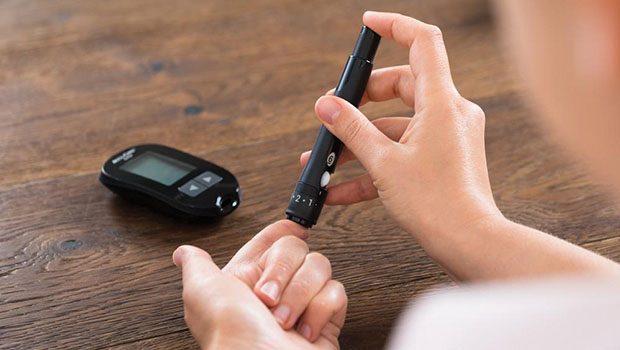Gut Bacteria Helps Prevent Type 2 Diabetes
The Human Genome Project (HGP) was an internal research effort to sequence and map all the genes of our species, Homo sapiens. It began with a bang in 1990 and went out with a whimper in 2003 as researchers came to realize it was not a complete genetic blueprint for building a human being. Yet, the project has sparked many gene patent manufacturers to imply causality between single genes and genetic predisposition for disease. An example of this is BRCA-1 and BRCA-2.
As science and the medical community have become more aware that a healthy and diverse gut microbiome is uncharted terrain, research into this field is growing quickly, and new studies are continually being released. One of the latest findings published by researchers from the University of Eastern Finland states that a specific intestinal bacterium produces indolepropionic acid that may help prevent Type 2 diabetes.
We know that a diet low in natural fiber causes certain healthy gut bacteria to die off, leaving us more prone to developing health problems. Conversely, we also know that a high-fiber diet can help to create a healthy, diverse gut microbiome, which can protect us against disease, increase immunity and even improve brain function. In addition, it appears that whole grains and high-fiber foods also increase indolepropionic acid, which might increase insulin production in the pancreas and thus protect against the risk of developing Type 2 diabetes.
Type 2 diabetes is a problem worldwide for wealthy and developing nations. It results from the body’s inability to use insulin, or more accurately, to properly manage glucose and regulate blood sugar. Several factors including diet, lack of exercise and being overweight can increase a person’s risk of developing Type 2 diabetes; however, even active and thin patients, including those that are vegetarian or vegan, or who are quite young and otherwise healthy, are now being diagnosed with Type 2 diabetes more than ever before. The risks are enormous, as the complications of Type 2 diabetes include cardiac disease and worse.
The new Finnish research goes further by analyzing participants’ metabolite profiles (which includes gut bacteria) to determine how these molecules link risk factors to the development of Type 2 diabetes. The study was conducted on 200 participants that were both overweight and had impaired glucose tolerance. The results compared those that developed Type 2 diabetes within five years against those that had not developed diabetes 15 years later.
The comparison showed participants that did not develop diabetes had higher blood levels of indolepropionic acid produced by gut bacteria. This finding suggests that indolepropionic acid may be a protection from developing type 2 diabetes.
The insights provided by all this research, with more planned, further confirms the importance of maintaining a healthy, diverse gut microbiome. We could expect to see indolepropionic acid making its way into the marketplace in coming decades if the research bears out. Meanwhile, the best prevention for Type 2 diabetes is to include significant fiber in the form of raw and cooked fruits and vegetables, monitor for blood sugar and insulin resistance, and act immediately if any of the critical symptoms or health biomarkers rise.
To learn more, visit PlanetNJ.com to listen to Dr. Pucci’s podcast interview, or visit GetWell-Now.com to request an information packet. For questions or to schedule, contact the office at 201-261-5430.




























